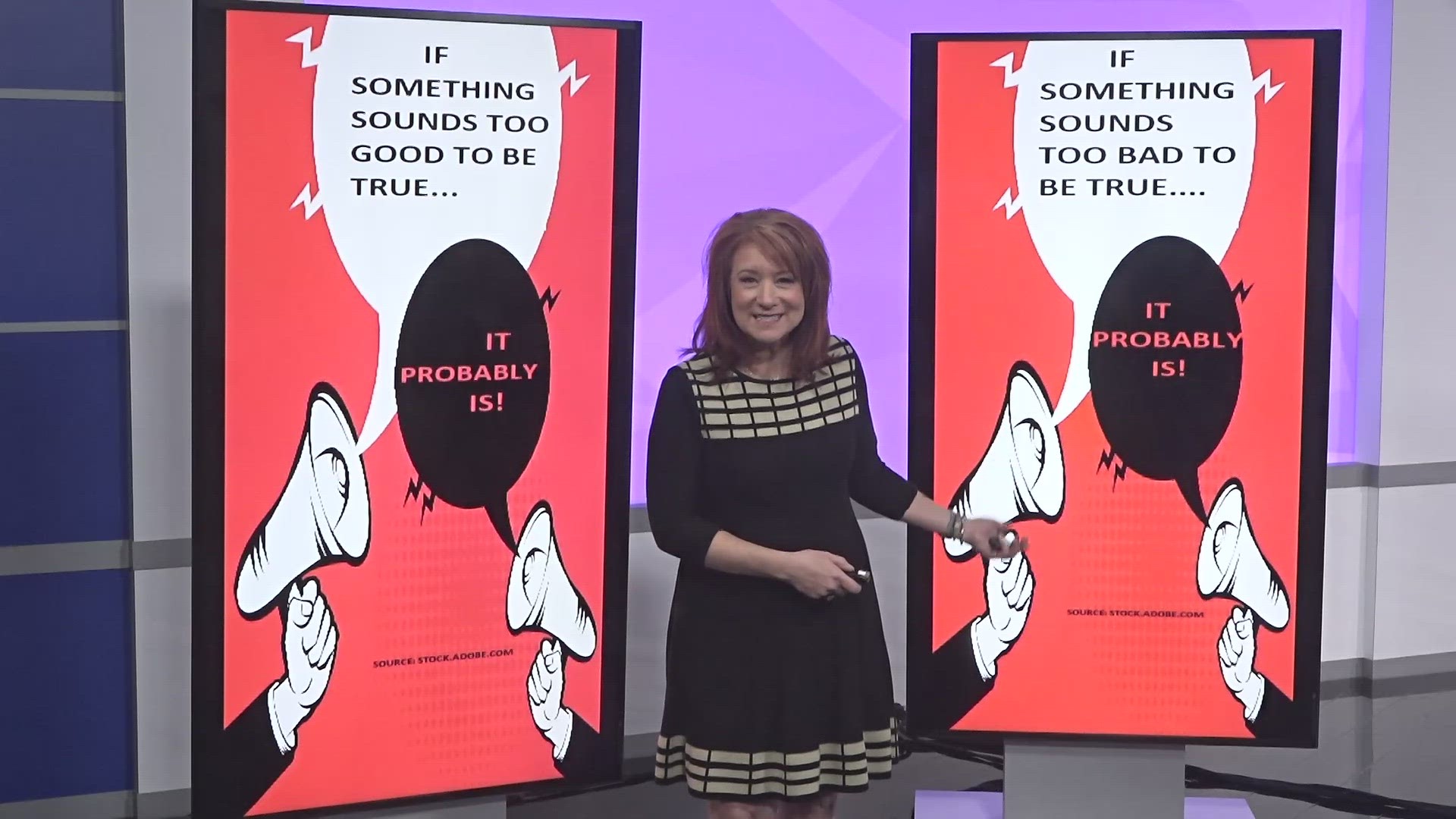GREENSBORO, N.C. — The saying is, if something sounds too good to be true it probably is. But the same goes for if something sounds too bad to be true, it probably is.
Let me explain. If you're told you just won Publishers Clearing House or your cable bill can be cut in half, it's too good to be true. Just the same, if you're told the IRS is after you for not paying your taxes or you missed jury duty and you're going to jail right now unless you pay, it's really too bad to be true. Real life doesn't work in either one of these ways.
“The IRS, Social Security, and SBA, will not call you. You can be 100% that it's okay to simply hang up the phone if that's who they say they are. That is not the way they do business,” said NC Attorney General Josh Stein.
Stein's rules to avoid scams include:
If you don't know who's on the other end, don't bother answering the phone or responding to the message.
Never give your bank account, credit card, or social security number to someone you don't know.
Legitimate businesses do not require you to pay them in gift cards or by cryptocurrency, that's always a scam.
The really good news and the really bad news are all meant to get you flustered and make a decision immediately. That's the key to a scam. So, good or bad, take time to think about it before you give out information, click on a link, call the number, etc.

